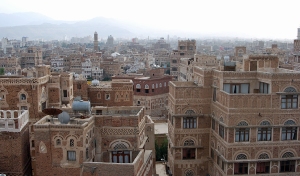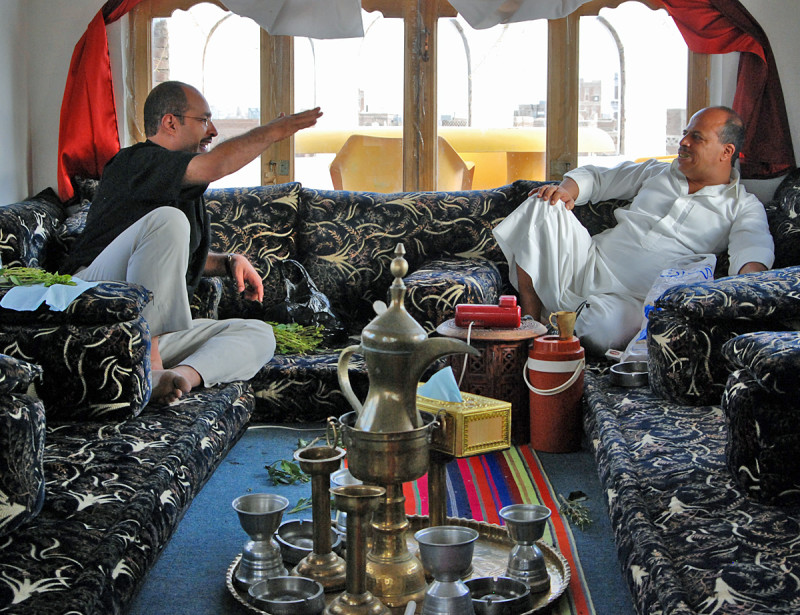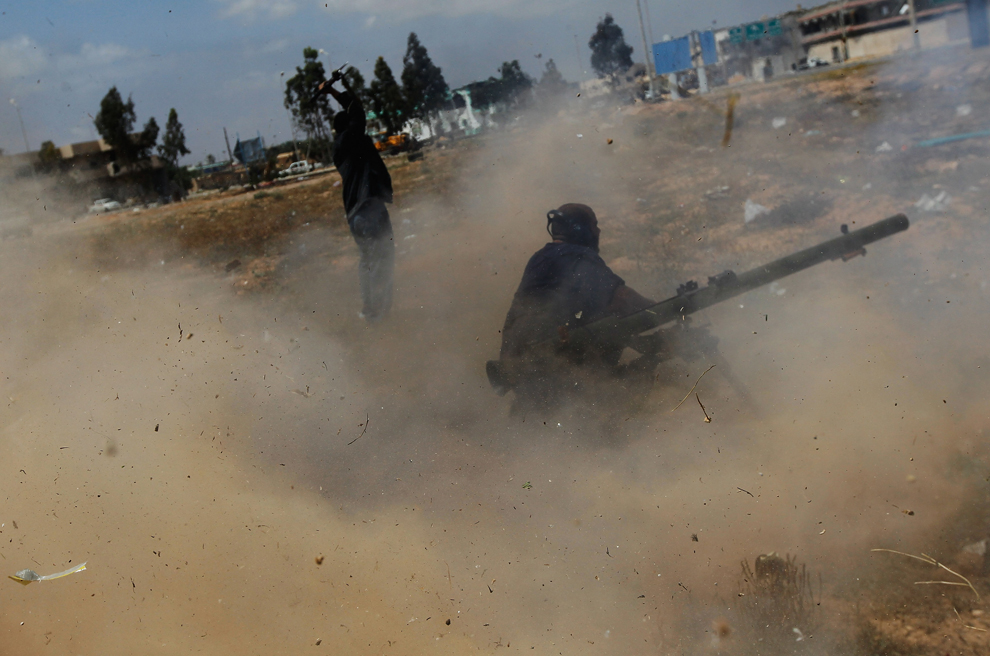”You have to speak up” , Abdullah Rahman shouted, ”I am almost deaf after spending so much time standing next to cannons!”
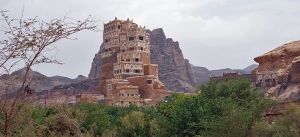
We were heading for the palace of Dar Al-Hajar, which was constructed as a summer residence for Imam Yahya in the early 1920`s, in an area which the locals of Sanaa in those days used as a weekend trip to rest their nerves after the busy life in the city. They still do. We passed through the outskirts of the city, where construction seemed to rest due to the demanding circumstances. It´s like people just began building and suddenly just ran out of money. We passed through several cramped stops for shared taxis, where people hurried around trying to find a seat that would take them out of the city for the weekend. My first thought was:
“Africa and matatus!”
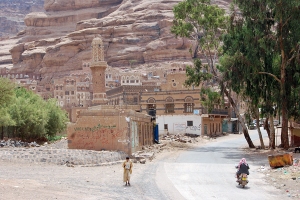
There’s definitely a feeling of the great continent of Africa, on and off in Sanaa, even though the enormous amount of impressions one gets continuously can only be equaled by India. But Sanaa is far more genuine. And I can only imagine what the life outside the capital is, since no matter how you look at things, country life is always more genuine than city life. I would say that Yemen is easily one of the most interesting places on earth and in many ways perfect for visiting as a tourist. And that was the reason I was travelling with Abdullah Rahman and our common friend Kamel. To find out the possibilities to bring tourists to Yemen. Abdullah Rahman runs a hotel in the centre of the Old Sanaa named Dawood Hotel and loves his country and wants people from all over the world to come and enjoy its history and culture. But as always in Sanaa, after awhile, no matter how spectacular the surrounding, it is the Yemenis themselves which impress. Even though the palace was located in a spectacular surrounding, it kind of erupts out of a rocktable like a giant red and white toad stool, it was as interesting to listen to the stories of Abdullah Rahman and Kamel.
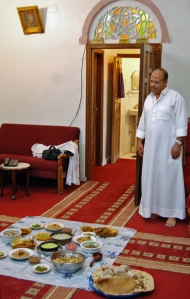
Abdullah Rahman used to be a general in the army up until 5 years ago, when he decided he wanted to spend more time with his family. His career is the modern history of the country. He commanded his troops in the, or always it seems like, troublesome north. But now he takes care of his country side mansion which is dotted with relatively lush gardens offering tasty fruits like pomegranates, a spiky cactus fruit called tiin schauki and plenty of the famed grapes of Yemen.
“If we would make wine out of these grapes” , the old General shouted, “one liter would cost a thousand dollars!”
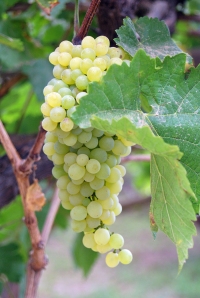
The general pointed out the fact that half his garden was dry due to serious water shortages in the country. One of many major problems this spectacular country faces at the moment. One thing they don´t lack is generosity. The general being one of the most generous of men, we ended up in his fine red bricked mansion where the females of the family had prepared an enormous meal of local Yemeni food. Salta of course.
“The traditions say” , Kamel translated, “That we cannot finish until we´ve eaten 7 bowls of salta.”
This he said just after we´ve stuffed ourselves with roasted chicken, delicious veal, chips, rice and lots of great bread. And the general himself portioned out the best pieces to us, as the tradition says, to show he was utterly honored by our visit and therefore serves the guest himself. A tradition I like a lot personally. There´s so many things I like with the Yemeni traditions. The salta was delicious, but we stopped after two giant bowls and the last time I was this stuffed on the brink of exploding was in another Arab country, Algeria. An oasis called Laghout, located just southeast of Grand Erg Occidental in the year of 1986. That time my overeating made me throw up just outside town, and I had to set up the tent in 50 degrees Celsius in the desert and I spent four hours sweating the problem out, until it eventually gave me enough energy to speed through the Sahara Desert on a bicycle from north to south. One of the first in history to do just that.
“You just have to meet his daughter!” Pam shouted happily in a way that would make the general happy to me whilst I was laid back on the traditional Yemeni cushions on the floor after the filling lunch, the main meal of the day, which I love, “She has given me a black dress to try, a dress she has made herself.”

Pam is my best friend at school and I often ask her to join me on my visits outside school, because we will always meet women which otherwise is impossible. Pam is full of energy and life and her knowledge of the Arab world is astounding to say the least. It was the first time I shook the hand of a local woman in Yemen, however she was veiled whilst doing it. Amazing how different traditions can be globally!
“Do you want to chew kat here or in town?”
It was around four and about time to chew according to the general, so we went back to town and all the way up on the roof of his six-storey hotel, to its beautiful mafrag (place where you chew kat) and sat down with some of his own kat.
“Let us not talk business today” , the General said, “Let us just enjoy life.”
We spent three hours talking about the three most common subjects, politics, the Arab world and sex. All three subjects discussed in a very frank way, that even I, a Swede, felt slightly uncomfortable regarding the sex part. Regarding the other topics, I love the frankness, but let me just say that I have discussed this topic in many other parts of the world throughout my life, but it is never as blunt as in the Arab world, Oman apart, I have to say. It is the only subject I do not enjoy. As love it should be handled with respect.
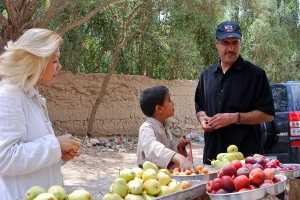
However, I really like the kat chew as a forum to have time to talk and discuss things. (I have received plenty of emails from Sweden where kat is a forbidden substance and I jst want to add that I do not chew kat. )And as always in Yemen, you end up with new friends after each kat chew. If all goes well, in shallah, Sanaa will be full of privileged tourist again!
“The best time to sit in the mafrag an chew kat…” , Kamel, this very intelligent and kind local poet and writer said; “….is when its is raining, because at these times you will see the Old City of Sanaa change its dress many times.”
Arabic is such a poetic and beautiful language. In shallah, soon I should understand a bit more….
